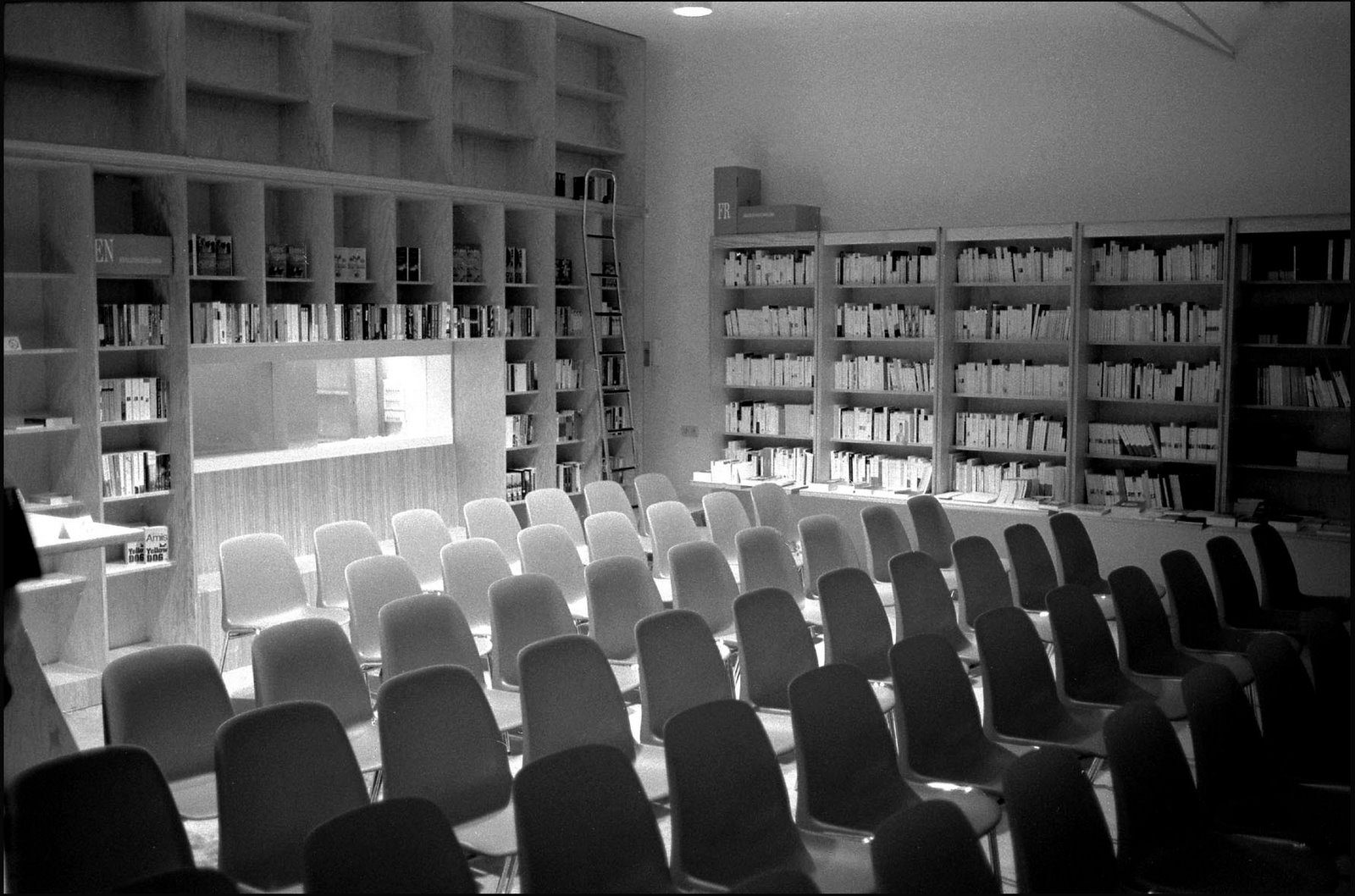
Blog #3
Boredom is a bonus that the gift of time brings. Yes, it’s a bonus, you read that correctly; one to be accepted by a writer with greed and profound gratitude. Writers are often asked where a book comes from, or which other writers or books have influenced them. Most of us try, gamely and honestly, to answer those difficult questions but the truth is shorter and, on one level, simpler: most of us don’t have access to that part of our brain where books originate, where influences work their reactive chemistry. The region is too deep for us to know consciously and talk about with any degree of truthfulness. But a lot of writers will admit that when they hear a low hum of boredom in their lives they are approaching the stage before they get to what Keats immortalised as ‘negative capability’. When your life is an unstoppable carousel of duties or full of events and excitement, very little space is left inside the head for things to fester – used advisedly; think of what Yeats wrote, that ‘Poetry is made in the foul rag-and-bone shop of the heart’ (my italics) – and give rise to the germ of your book.
On the other hand, 6 weeks of uncontested time of which you cannot retrospectively say with dismay and regret, ‘Oh, it all went in living my routine life of doing this and then that and then I went out for lunch and had coffee with so-and-so then went to the post office/supermarket …’, puts you in a position to understand and empathise with the characters in Waiting for Godot, who, because they’re waiting, experience time in its purest form. In a residency too; in the (long) lulls between writing the dark matter, as it were, that expands to fill the gaps life is a weak, mildly enjoyable form of boredom. And it is this state that you need to reach to have things cooking away in that part of your head you don’t have access to. It may sound irrational – and I guess it is, being more a matter of belief than something provable – but in my experience I have found that there is a very simple positive correlation between creativity and times of dullness and stasis (and, correspondingly, a negative correlation between productivity and a busy/thrilling/teeming-with-people-and-events kind of life).
The American writer Vestal McIntyre writes to me about the benefits he found in a residency, ‘how the change in my thinking was the very best part – very calm thinking. At Yaddo I fell asleep at 9pm for a few nights and got very frustrated because that was my reading time. Then I just got into it and started falling asleep at 9, even 8, and waking up when it was still dark and thinking for an hour or two in that quiet, beautiful room before getting up –just wandering. It was so good for my writing.’ (He also adds, ‘The room was filled with Patricia Highsmith's old furniture that she had willed to Yaddo.’ I bet that helped.)
Boredom is a greenhouse; beautiful flowers grow there. I’ll leave talking about one such flower for my next instalment.

No comments:
Post a Comment